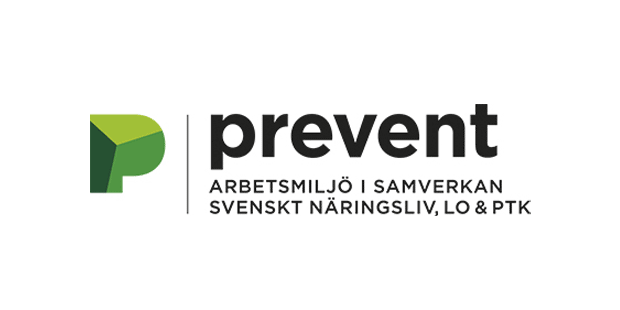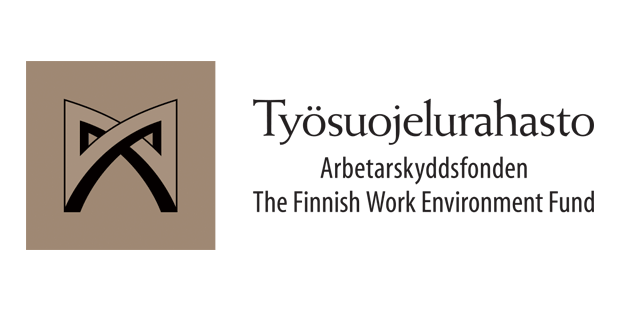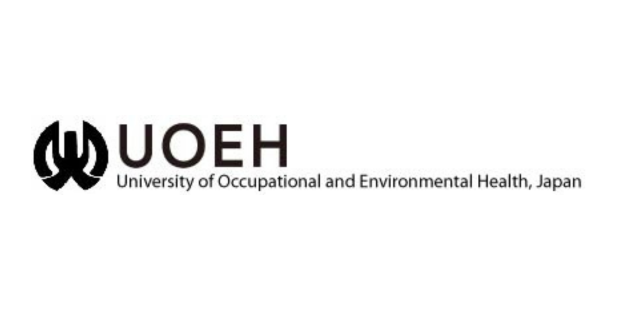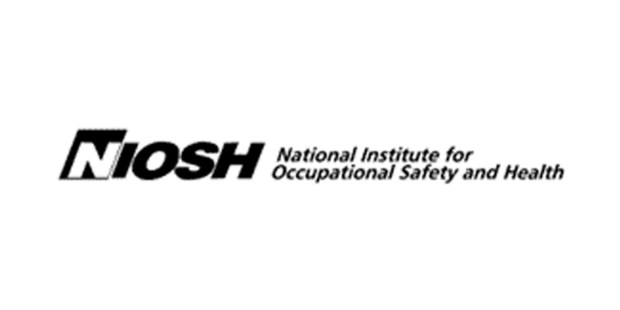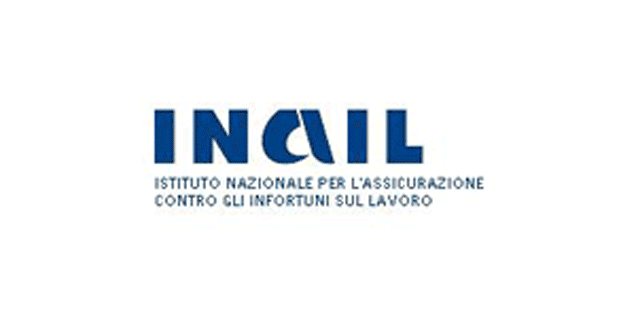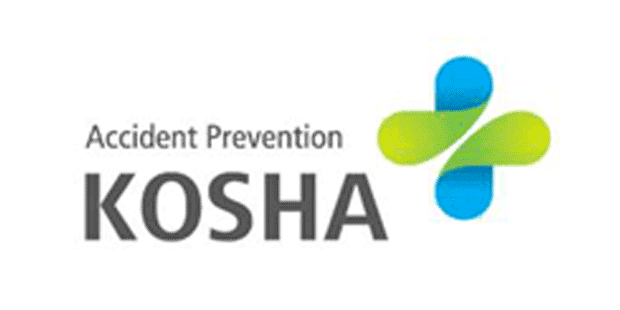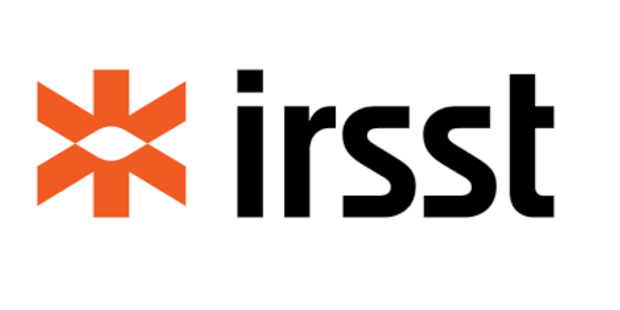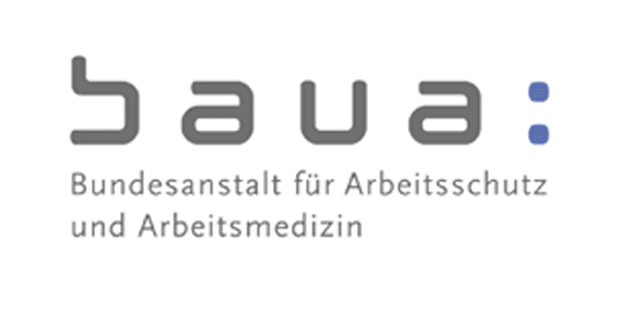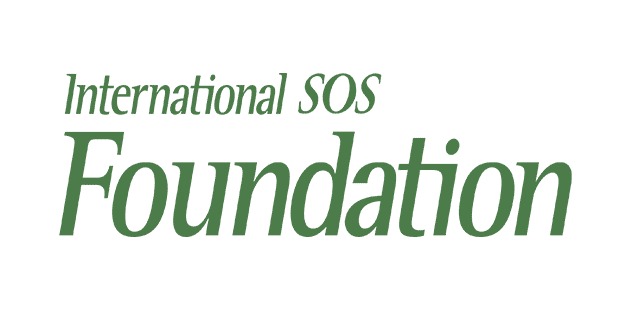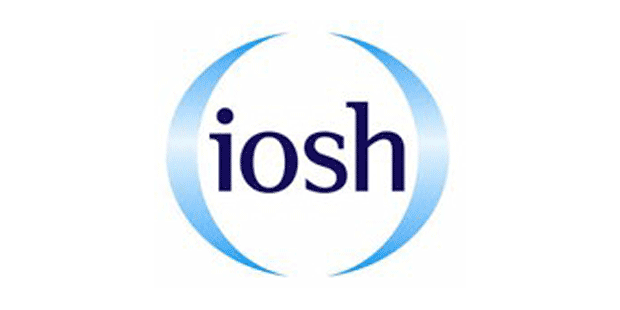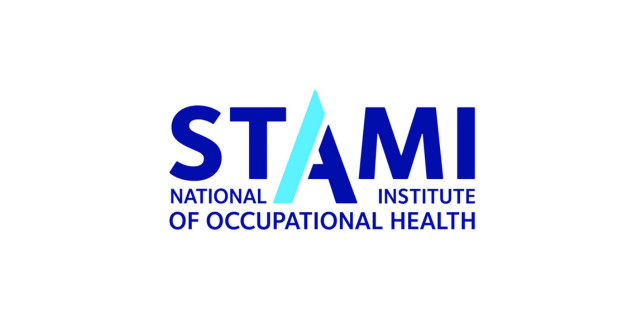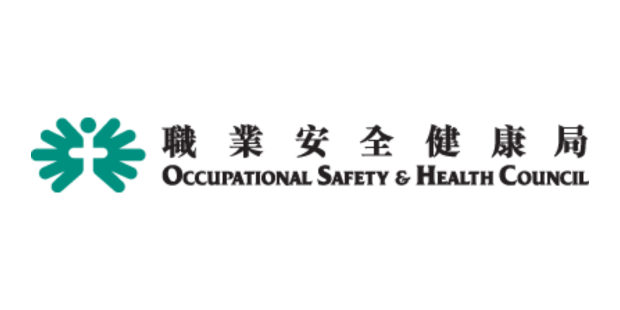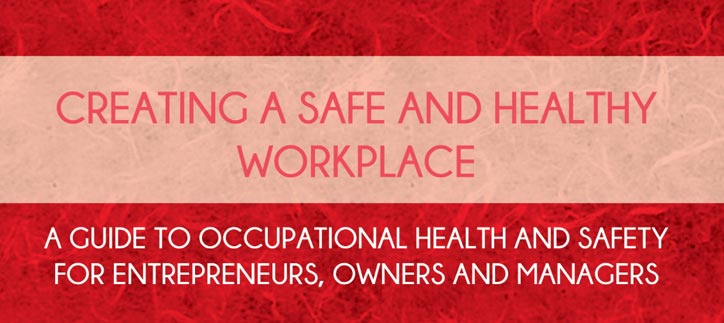ICOH Network for Occupational Health
Education in Developing Countries - Report
Richard Ennals
ennals@kingston.ac.uk
June 2001
Since the previous report in November 2000 there has been considerable activity.
The diploma course for occupational health nurses in South Africa, supported by ICOH with the National School of Public Health, is running well, and student evaluations have been favourable. The course was locally designed, and the lead on external interventions has been taken from Sweden, with expert inputs from Gunborg Jungeteg and Christina Ekeberg, and further sessions planned.
Planning is well advanced for a diploma course at the Nelson R Mandela School at the University of Natal in Durban, intended for health professionals, and a proposal has been submitted to the South African Department of Health. This joins a portfolio of new courses, and is integrated with changes in the occupational health services.
Accounts of the proposed work of the network have been published in the International Journal of Occupational and Environmental Health, and the International Journal for Occupational Safety and Ergonomics, and further papers are in preparation. Related work in Europe was published for a non-specialist audience in a series of "Work Life 2000 Yearbooks" edited by Richard Ennals and published by Springer Verlag in 1999, 2000 and 2001, and in "A Look into Modern Working Life" edited by Lena Skiöld and published by the Swedish National Institute for Working Life in 2001. The collection of scientific reports was edited by Arne Wennberg, and also published by NIWL in 2001.
ICOH prepared a statement on Child Labour for presentation at the ILO Congress in June 2001.
The ICOH network was represented at a conference on Asbestos at the London School of Hygiene and Tropical Medicine, with an excellent set of international speakers, and the resulting report (available on the ICOH website) has helped to stimulate international networking in Europe, Brazil, India and South Africa, where the issue is controversial at present. The ICOH case for a ban on asbestos has been restated.
Discussions have continued with Worldspace regarding the use of their digital satellites, and it is hoped that there can be a productive partnership with the Nelson R Mandela School of Medicine, where Maurice Mars has developed an IT strategy for medical data transmission which would use the satellite to overcome current bottlenecks. Meanwhile work continues to reduce the cost and complexity of digital receivers for use in rural areas without telephones or electricity.
There will be a meeting in late July 2001 with publishers Springer Verlag, to explore the possibility of establishing an ICOH Journal of Healthy Work, for a core audience of ICOH members but also a wider readership, in light of the fact that healthy work issues are now achieving prominence around the world. For example in Europe the programme "Work Life 2000: Quality in Work" has initiated a series of EU Presidency conferences, and the new programme "Work Life and EU Enlargement" is led by ICOH President Bengt Knave, and is addressing issues of healthy work in the 13 EU applicant countries. A similar agenda is being developed for the SADC region in Southern Africa, thanks to active initiatives by Gopolang Sekobe of the Department of Health in South Africa, and the support of the Minister of Health..
As I argued in a presentation to the ICOH Board in Singapore in August 2000, there is now a strong case for ICOH taking on the role of an active campaigning international NGO. The challenge is to establish a sustainable organisation to meet the pressing needs. The need is particularly pronounced in developing countries, but across the world there is growing discontent with traditional models of business decision-making, which tend to have taken no account of issues of healthy work. Work is beginning on a new business model, intended to change approaches to business decision making. Occupational health issues have to be seen in the context of changing work organisation, transformations in new technology, and the rapid pace of change brought about by globalisation.
Active contributions from network members will be welcome.


